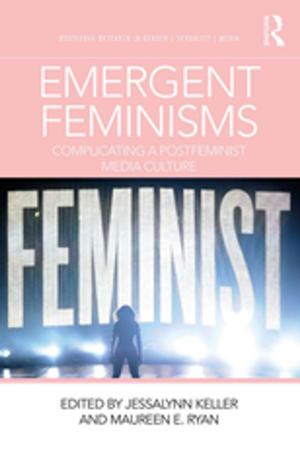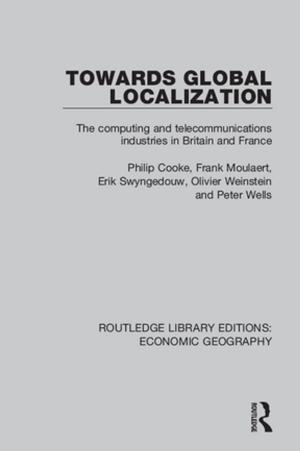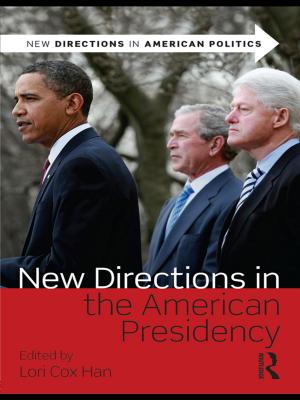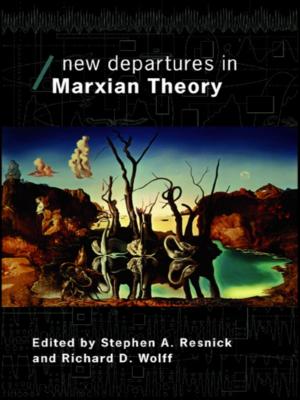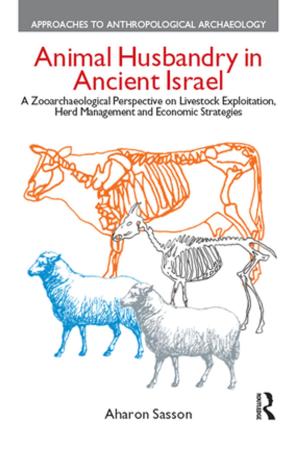| Author: | Bassam Yousif | ISBN: | 9781136619861 |
| Publisher: | Taylor and Francis | Publication: | June 17, 2013 |
| Imprint: | Routledge | Language: | English |
| Author: | Bassam Yousif |
| ISBN: | 9781136619861 |
| Publisher: | Taylor and Francis |
| Publication: | June 17, 2013 |
| Imprint: | Routledge |
| Language: | English |
This systematic evaluation of Iraq’s political economy and human development offers a complex and sophisticated analysis of Iraq’s recent history. Focusing on the period from 1950 up to the Gulf war in 1990, the book brings an understanding of how development has been shaped or constrained in this much misunderstood country.
The author employs the human development paradigm to link human development and human rights to the analysis of political economy. The resulting scholarship, on income and investment, education and health, the status of women, and human rights, presents a nuanced, balanced - but critical - appraisal of the complex interrelationships between economic growth and development and illustrates the fragility of that development, especially when political institutions fail to keep up with the rapid expansion in human capabilities.
Providing the historical analysis needed to understand Iraq’s current political situation, this book will be of great interest to scholars of development studies, Iraq, and political economy.
This systematic evaluation of Iraq’s political economy and human development offers a complex and sophisticated analysis of Iraq’s recent history. Focusing on the period from 1950 up to the Gulf war in 1990, the book brings an understanding of how development has been shaped or constrained in this much misunderstood country.
The author employs the human development paradigm to link human development and human rights to the analysis of political economy. The resulting scholarship, on income and investment, education and health, the status of women, and human rights, presents a nuanced, balanced - but critical - appraisal of the complex interrelationships between economic growth and development and illustrates the fragility of that development, especially when political institutions fail to keep up with the rapid expansion in human capabilities.
Providing the historical analysis needed to understand Iraq’s current political situation, this book will be of great interest to scholars of development studies, Iraq, and political economy.



